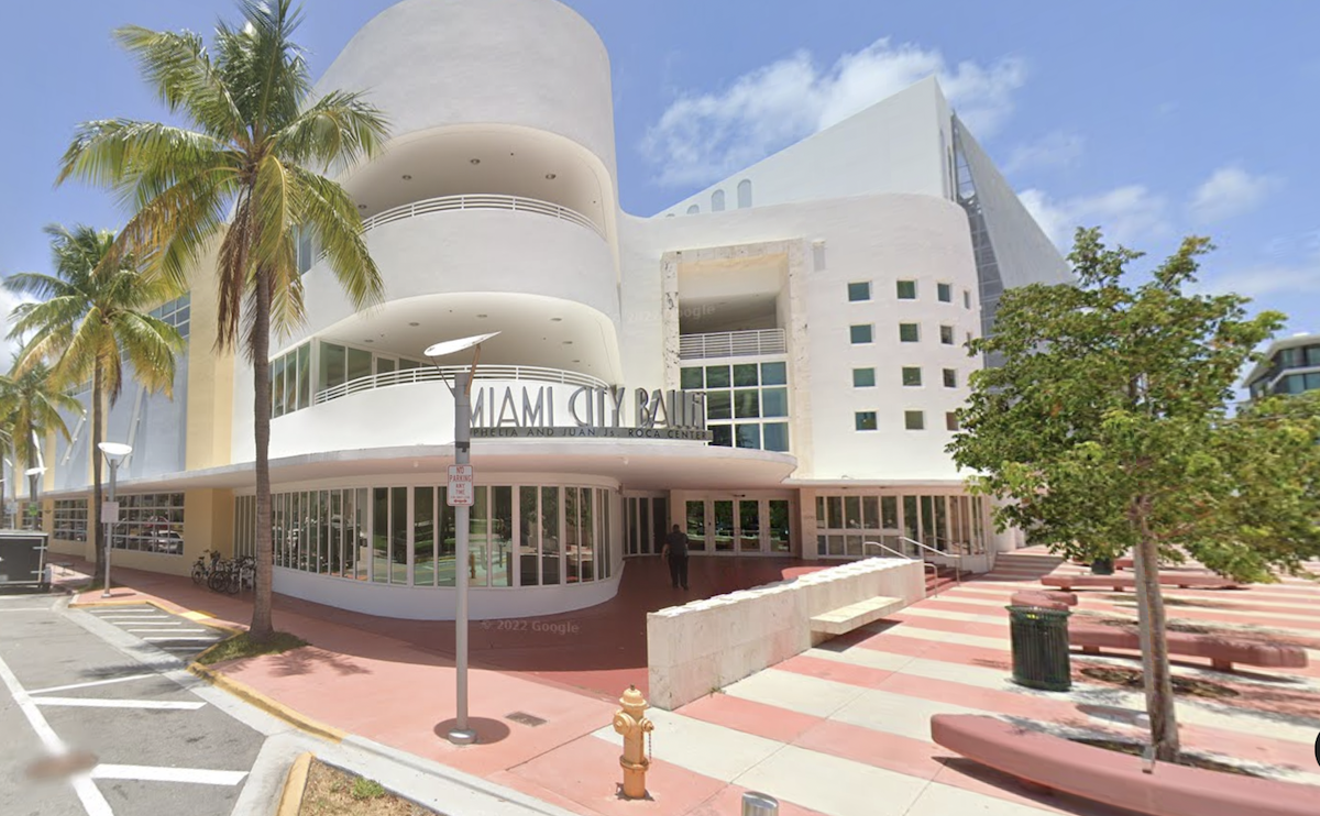Riptide is usually the first to defend the honor of Miami when the New York Times parachutes in to mock our culture or our "sophistication." But the reality is we have a hell of a lot of serious problems here.
Yet the hottest issue at yesterday's Miami-Dade County Commission meeting was whether to rename a tiny airport. Certain commissioners are convinced that all Miami needs to be a true world-class city is a tacky-ass observational tower. Glitzy luxury high-rises that few locals can afford are rising at breakneck speed throughout the county, and no one seems concerned about the effects. Leaders still plug away that real estate and tourism alone can fuel our economy despite the fact that's proven to be dangerously false.
Local leaders have done an embarrassing job of addressing the city's most pressing issues, and it's time they pay attention.
1. Global Warming
Miami is seen as the American poster child for cities vulnerable to the rising sea level (seriously: look at all of these articles from respected publications), so you'd think we'd be the poster child for trying to doing something about it.
It's not like the issue has been totally ignored here, but the only U.S. senator from our city still often gives vague answers on the topic -- though at least Marco Rubio isn't outright denying that global warming is happening anymore. You'd think our elected officials at the state and federal levels would be the leading voices fighting for action on the issue. You'd think our local officials would be leading by example by adopting strident green policies. Yet Miami's reactions to a scientifically concluded threat that could affect the city in the next few decades has so far been, "Yeah, yeah, we'll figure it out sometime."
2. Income Inequality and Poverty
Miami has the third-highest income inequality in the nation, with levels that are higher than Buenos Aires and Rio de Janeiro. By one measure, upward mobility is the worst in the nation. Nearly one in five in Miami-Dade lives below the poverty line, with those younger than 18 and older than 65 being the hardest hit. Even more are considered lower-class. In fact, only one in five in Miami-Dade is considered truly middle-class. In a city with so many wanton displays of wealth, that's unconscionable. Nor is it good for long-term economic health.
Miami is a city where people go to chase the American dream. The sad economic facts of the area make that dream nearly impossible to realize today.
3. Public Transportation
The problem with public transportation in Miami is that it's always ten steps behind Miami's growth. We didn't connect Metrorail to Miami International Airport until only a few years ago. How embarrassing.
In ten years, it'll seem absurd that Metromover doesn't extend to Wynwood, midtown, and the Design District. No one will actually try to do anything about it until ten years from then. The reality is that it should have been something the city began planning ten years ago.
Public transport has always been a game of playing catchup to development. It should be the other way around.
4. Rent Is Too Damn High
Rent in Miami is completely out of whack. The golden rule is that a household should spend no more than 33 percent of its yearly income on housing. In Miami, the average household now pays 43 percent of its income on housing. That's an all-time high in Miami and one of the highest in the nation. With the current boom of high-end luxury housing, the problem is expected to only get worse.
The reality is that it's bad for Miamians, and it's bad for Miami's economy because it makes it nearly impossible for potential young innovators to find places to live here.
5. HIV/AIDS
Miami still has, by far, the highest rate of HIV/AIDS in the nation. This is nothing new, and the truth is that local leaders have done little to effectively curb the infection rate.
6. Health Insurance
The Miami-Fort Lauderdale metro area has the highest rate of uninsured people in the nation. Obamacare might help bring that rate down, but did you notice many local leaders protesting Gov. Rick Scott's efforts to stymie its full implementation in Florida? No. No, you didn't.
Follow Miami New Times on Facebook and Twitter @MiamiNewTimes.











